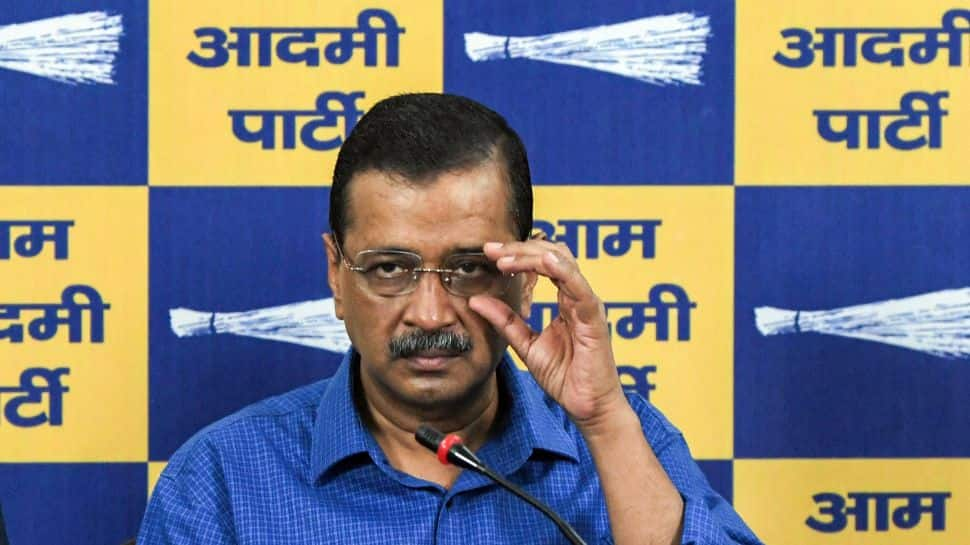 |
|
The upcoming Delhi Assembly elections in 2025 are shaping up to be a high-stakes battle, particularly given the narrow margins by which the Aam Aadmi Party (AAP) secured several seats in the 2020 elections. The recent announcement of AAP's final candidate list, including prominent figures like Arvind Kejriwal and Atishi Marlena, underscores the party's determination to retain power. The list reveals a strategic focus on consolidating support in constituencies where victory was hard-fought last time. The BJP, in contrast, remains noticeably silent on its candidate selections, a delay that could be interpreted in several ways. It might be a calculated move to observe AAP's strategy and counter with targeted nominations, or it could indicate internal party struggles in finalizing their electoral roster. Whatever the reason, this strategic pause adds to the already significant anticipation surrounding the upcoming elections.
The 2020 election results highlight the vulnerability of several AAP victories. Seats like Patparganj, previously held by Manish Sisodia, and Bijwasan, won by a mere 753 votes, represent crucial battlegrounds for the 2025 elections. AAP's decision to replace Bhupinder Singh with Surender Bhardwaj in Bijwasan suggests a strategic recalibration aimed at maximizing their chances of retaining the seat. This signifies a deep understanding of the local dynamics and an acknowledgement of the need for candidate adjustments based on evolving political landscapes. Similarly, the Adarsh Nagar seat, secured by a relatively slim margin of 1,589 votes, serves as another indicator of the intense competition expected in the upcoming elections. The close contests of 2020 demonstrate the shifting political tides and the potential for upsets in the 2025 race.
Beyond the individual candidates and seat-specific strategies, the 2025 Delhi elections are likely to be dominated by broader national narratives. The BJP, currently in power at the national level, will undoubtedly leverage its national presence and resources in an attempt to wrest control of the Delhi Assembly. This will necessitate a robust counter-strategy from AAP, which will need to focus on highlighting its local achievements and effectively countering the national-level political discourse. The success of both parties will hinge on their ability to engage with local concerns while effectively utilizing the national political climate. Key issues like education reform, healthcare access, and economic development will likely remain central to the election campaigns, and voter sentiment regarding these issues will play a significant role in determining the outcome.
The coming months will be critical for both AAP and BJP as they intensify their campaigning and engage with voters across the city. The lack of BJP candidates announced so far introduces a significant element of uncertainty, allowing AAP to potentially set the agenda and frame the key issues of the campaign. However, the BJP's strategic silence could also be a tool to disorient the opposition and maximize the impact of their eventual candidate announcements. This political chess game is likely to continue until the final stages of the election campaign, maintaining the suspense and high stakes inherent in this pivotal election cycle. The outcome will not only shape the political landscape of Delhi but will also have wider implications for the national political scene, further highlighting the significance of the 2025 Delhi Assembly elections.
Source: Delhi Assembly Elections: AAP's Narrow Wins In 2020 Set Stage For High-Stakes Battles
